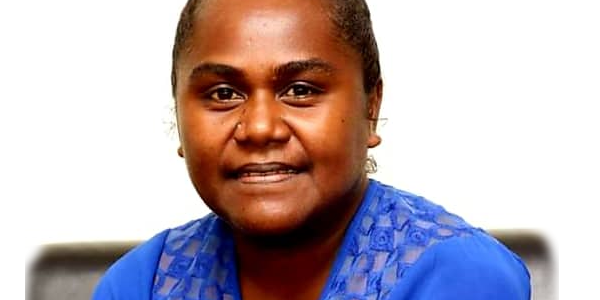THE National Government through the Ministry of Education and Human Resource Development (MEHRD) is continuing to offer a multi-tiered scholarship programme for youths to develop their skills at Rural Training Centres (RTC).
This was highlighted by the MERHD Minister, Lanelle Tanangada, in Parliament recently.
She highlighted that one of the Programmes of Actions of the Democratic Coalition Government for Advancement (DCGA) is the multi-tiered programme which is inclusive of skills-based performance and career pathways for youth developed by the Solomon Islands Tertiary Education and Skills Authority (SITESA).
She informed Parliament that SITESA has demonstrated completion of policy statement through:
- The SIG scholarships programme since 2020 and has included a category dedicated towards the implementation and improvement of the skills sector in Solomon Islands through the funding of eligible candidates for scholarships at a nominated Rural Training Centres. The eligible candidates are given the opportunity to complete qualification levels in Certificate I, II, III, IV and Diploma in a trade’s course;
- The SIG scholarships programme also provides pathways to students under SIG scholarships programme towards the completion of more than one qualification from Certificate 1 through to Diploma without exiting the scholarship programme;
- The SIG scholarships programme since 2020 has prioritised the allocation of spaces to the Skills Sector. The allocated opportunity for the skills sector accounts for 30 percent of all scholarships allocated on an annual basis. This approach encourages the implementation of a multi-layered scholarship programme, inclusive of the skills sector;
- Strengthening and upgrading of existing Rural Training Centres through allocation of an SBD$4.5 million grant package for the seven piloted RTCs. This funding package is allocated to address the required teaching and learning resources of RTC’s, infrastructure development needs and so forth and to improve the capacity of RTC’s to provide sustained quality learning environments for students; and
- Development of the Quality Assurance framework and supportive standards are vital to set the benchmark of expectations required of a training provider in the country. The standards would prompt RTC’s and other tertiary institutions to strive for continuous improvements in delivering quality education.
By MOFFAT MAMU









